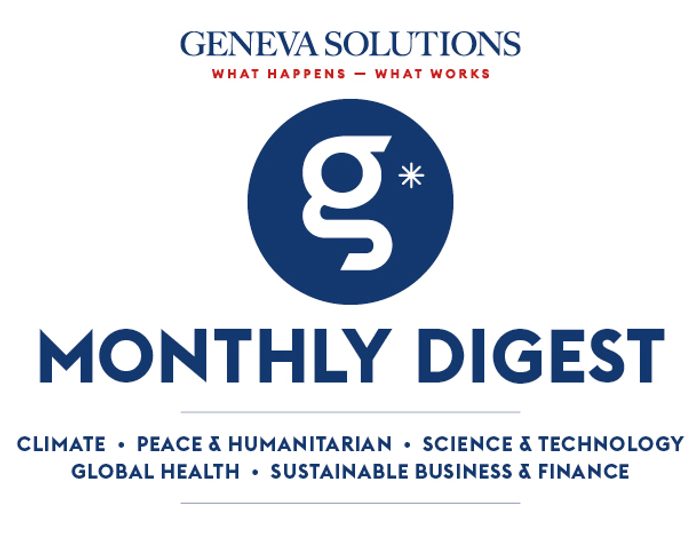 |
Hello, this is Kasmira. The summer break didn’t feel like much of a break, at least for the global news cycle. August was a month of temperature records, with some parts of the world engulfed by scorching heatwaves and wildfires while other regions were pummelled by torrential rains and winds.
The foundations of African democracy were also shaken to the core as military troops in Niger, followed by Gabon, toppled the presidents in power while war between army factions continued to lay waste to Sudan, pushing the region further into a humanitarian catastrophe.
In Geneva, August was still a time to take stock and anticipate upcoming cultural exchanges, to slow down and prepare for fleeting technological advances that are opening the door to new realms where human rights need to be protected – those of our minds. A week before the start of this autumn’s sessions at the Human Rights Council, Cuban rights activists got a headstart in building awareness of the situation back home. And as we try and adapt to a new cyber future, will Geneva join other cities that are already paving the way? |

|
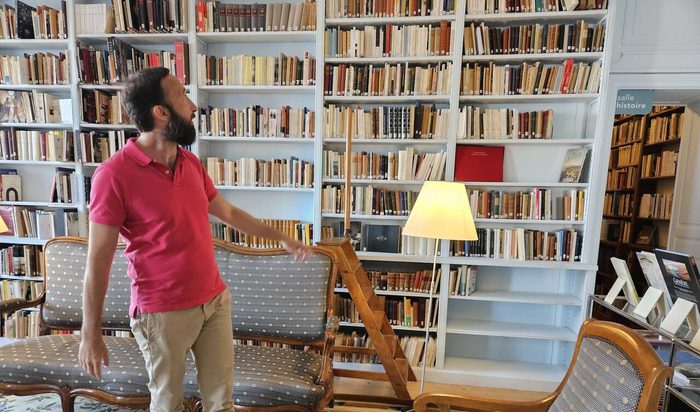
Maxime Canals, curator of collections at the Société de Lecture (Geneva Solutions/Michelle Langrand)
|
|
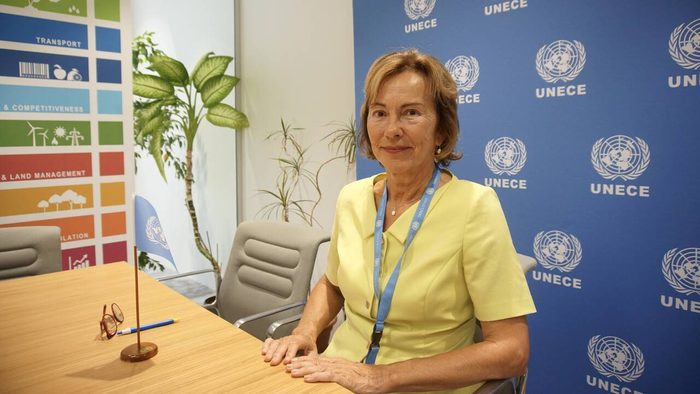
Olga Algayerova, executive secretary of the UN Economic Commission for Europe
|
|
Here’s what else happened
|
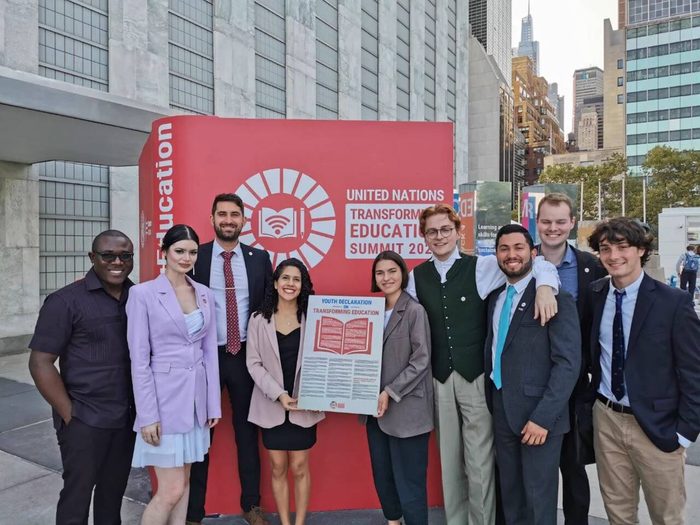
Youth representatives outside the UN headquarters in New York during the General Assembly, September 2022. (Credit: Global Student Forum/ X)
|
|
🪖Africa: those willing to sacrifice democracy for stability will have neither.
Earlier this week when the military ended 56 years of the Bongo family dynasty in the African state of Gabon, it was just the latest coup d’état to take place since 2020. Just like with other recent precedents in Niger, Sudan, Mali and Burkina Faso and Guinea, the overthrow in Gabon must be condemned in the strongest terms, writes Corinne Momal-Vanian, executive director of the Geneva-based Kofi Annan Foundation.
Corinne Momal-Vanian
|
|
|
International Justice Corner
|
|
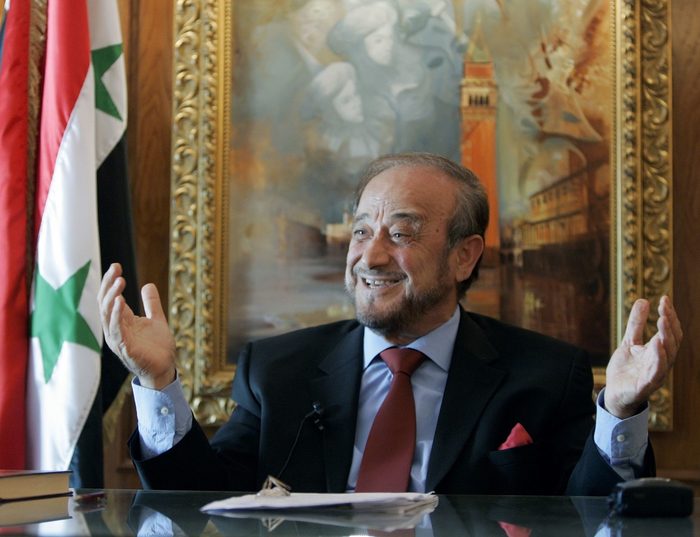
Rifaat Assad, the exiled uncle of Syrian President Bashar Assad speaks during an interview with The Associated Press in his office in Marbella, southern Spain, 27 May, 2005. (AP Photo/Paul White, File)
|
|
Geneva Solutions’s monthly “war criminal hunt” in collaboration with the Geneva-based NGO Civitas Maxima.
Switzerland weighs in on elusive quest for justice over Syria Hama massacre. This month we learnt that last year, Switzerland’s Federal Criminal Court (FCC) ordered an international arrest warrant against Syrian president Bashar al-Assad’s uncle in connection with war crimes committed in the city of Hama in 1982. Rifaat Al-Assad, dubbed “the butcher of Hama”, was staying in a five-star hotel in Geneva when Geneva-based NGO Trial International filed the complaint against him in 2013. His presence in Switzerland, however brief, was enough to trigger the exercise of universal jurisdiction.
By the time the Swiss authorities managed to act definitively on the case and issue the international warrant, Rifaat al-Assad had already left France, where had been investigated for, charged, and convicted with financial offences, and returned to Syria. It remains to be seen whether he will ever stand trial in Switzerland for his alleged crimes. This whole process also begs the question as to why France and Switzerland could not have collaborated to prevent al-Assad from fleeing France right under the nose of the authorities. Nevertheless, for his victims, this warrant, thanks to the tenacity of a Geneva NGO, remains a significant step forward in obtaining accountability for these crimes.
- Alain Werner, director of Civitas Maxima
|
|
|
GS news is a new media project covering the world of international cooperation and development. Don’t hesitate to forward our newsletter!
Have a good day!
|

|
|
Avenue du Bouchet 2
1209 Genève
Suisse
|
|
|
|











